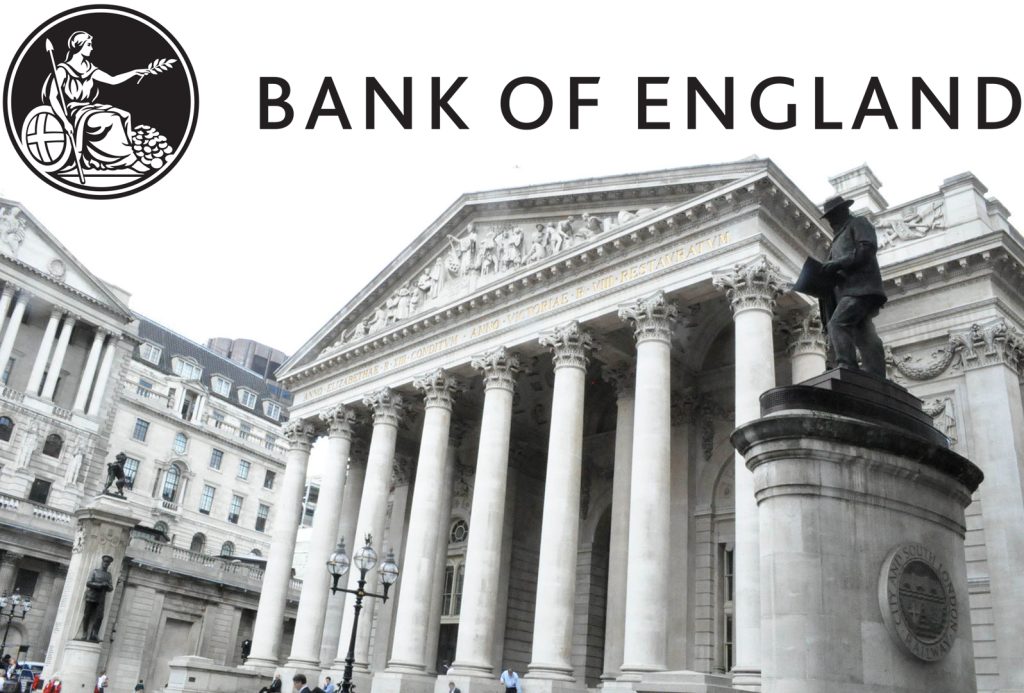
London’s financial markets witnessed a notable reaction on Thursday when the Bank of England unexpectedly raised interest rates in an attempt to tackle inflation concerns. This move came shortly after Federal Reserve Chair Jerome Powell expressed support for further rate hikes in the United States.
The surprise half-point hike by the Bank of England, deemed a “rate grenade” by analysts, caused declines in the FTSE, European stock exchanges, and Wall Street futures. The initial weakening of the pound added to worries about a potential recession.
The Bank of England explained its decision by highlighting positive recent data indicating a persistent inflationary trend and the potential for “second-round effects.” Neil Birrell, Chief Investment Officer at Premier Miton Investors, characterized the rate hike as an aggressive move to combat ongoing inflation concerns.
The rise in borrowing costs in the bond market raised concerns that the economy could be pushed into a recession. While the magnitude of the hike caught markets off guard, expectations for a tightening of Bank of England policy had already been increasing, leading to a significant increase in the cost of new mortgages.
London’s FTSE 100 index dropped by 1.2%, and other European markets also experienced declines ranging from 0.6% to 1%. The MSCI All-World index declined by 0.15%, marking its fifth consecutive day of losses and the longest losing streak in three months.
In contrast to the Bank of England’s actions, the Federal Reserve maintained its benchmark interest rate between 5% and 5.25%. However, officials projected that rates would need to increase by another half a percentage point by the end of the year to address inflation concerns.
During his testimony in Washington, Jerome Powell stated that two more 25-basis-point rate increases were a reasonable assumption if the economy continued on its current trajectory. Despite Powell’s remarks, market sentiment remains unconvinced, with expectations of a 25-basis-point hike next month but no further hikes afterward.
The US dollar remained largely unchanged, and Kevin Cummins, Chief Economist at NatWest Markets, commented that Powell’s testimony did not provide any new insights into the Fed’s thinking or future monetary policy.
The ongoing debate within the Federal Reserve regarding the timing and necessity of further rate hikes was highlighted by comments from Atlanta Federal Reserve President Raphael Bostic, who suggested that the Fed should halt rate increases to avoid weakening the US economy unnecessarily.
Michael Dyer, Investment Director of Multi-Assets at M&G Investments, emphasized that the Federal Reserve would continue to drive market sentiment in the next six months.
US stock futures indicated a weaker start on Wall Street, with declines ranging from 0.2% to 0.3%. The S&P 500 index, however, is on track for its third consecutive quarterly gain, primarily driven by the strength of large-cap technology stocks and the resilience of the underlying economy.
The British pound remained stable, having gained nearly 4% this quarter due to expectations of further rate hikes by the Bank of England. The euro remained unchanged against the dollar, while it declined by 1% against the Norwegian crown following a larger-than-expected rate hike by the Norwegian central bank.
Traders in emerging markets also reacted to the news of Turkey’s central bank raising interest rates from 8.5% to 15%. While the move was seen as a positive step, it fell short of some analysts’ predictions of a higher rate hike. The Turkish lira, which had been hitting record lows, strengthened against the dollar following the central bank’s decision.
Commodity prices saw a decline, with US crude falling by 0.7% to $72 a barrel and Brent crude futures dropping by the same percentage to $76.56. Gold also experienced a 0.3% drop to $1,926 an ounce, hovering just above its three-month low reached on Wednesday.




